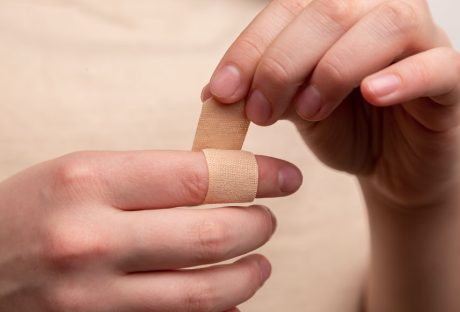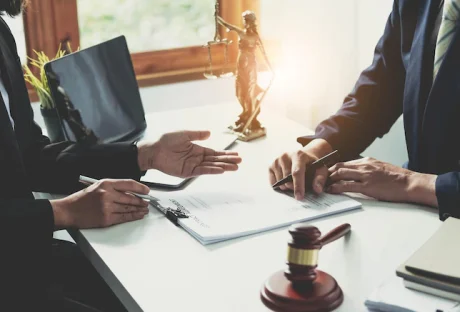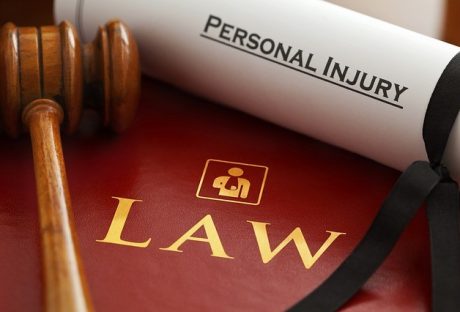Owning a car is a significant investment, and experiencing recurring problems with your Kia Optima can be frustrating and financially draining.
If you’re a California resident facing this situation, you might find solace in the California Kia Optima Lemon Law. Under certain circumstances, this consumer protection law offers a potential solution for repurchasing your faulty vehicle by the manufacturer, Kia Motors America, including the Kia Lemon Law buyback.
Understanding the California Lemon Law:

The California Lemon Law, also known as the Song-Beverly Consumer Warranty Act, safeguards consumers who purchase or lease new, used, or certified pre-owned (CPO) vehicles in California with a manufacturer’s warranty. The law defines a “lemon” as a vehicle with:
- A substantial defect: This defect must significantly impact the vehicle’s use, value, or safety. Common Kia Optima issues reported by owners include:
- Failed repair attempts: You must have documented evidence of taking your Kia Optima to an authorized Kia dealership for repair attempts. This typically means four attempts for the same issue or eight repair attempts for any combination of covered defects.
- Engine problems (e.g., stalling, excessive oil consumption)
- Transmission issues (e.g., slipping gears, grinding noises)
- Electrical problems (e.g., malfunctioning lights, power window issues)
- Infotainment system malfunctions (e.g., freezing, unresponsive touchscreen)
Identifying the Signs: Is Your Kia Optima a Lemon?
While the California Lemon Law defines specific criteria for a “lemon,” you might also be wondering if your specific situation aligns with the spirit of the law.
Here are some questions to help you assess the situation:
- Persistence of the Issue: Has the same problem persisted for an extended period despite multiple repair attempts at an authorized Kia dealership? This typically exceeds 30 days out of service or four repair attempts for the same issue.
- Impact on Usability and Safety: Does the defect significantly hinder your ability to safely and reliably use your Kia Optima? This could involve limitations in functionality, creating safety concerns, or excessive inconvenience.
- Value Reduction: Has the defect significantly reduced the value of your Kia Optima compared to a similar vehicle without the issue? This substantial financial loss can be a potential indicator of a lemon.
If you answer “yes” to any of these questions, it’s advisable to consult with a California lemon law attorney. They can assess your situation in detail and determine if your Kia Optima qualifies under the Lemon Law, guiding you through the legal process if necessary.
Does Your Kia Optima Qualify as a Lemon?
Unfortunately, there’s no one-size-fits-all answer to this question. Determining if your Kia Optima qualifies under the Lemon Law depends on the specifics of your situation.
Here are some key factors to consider:
- The nature of the defect: The defect must be substantial and significantly impact the vehicle’s use, value, or safety. While the list above provides examples, it’s not exhaustive.
- Repair attempts: You must have documented proof of taking your vehicle to an authorized Kia dealership, with details of the reported defects and the repairs performed.
- Lemon Law deadlines: California has specific deadlines for filing a lemon law claim. Failing to meet these deadlines can significantly impact your case. It’s crucial to consult with a California lemon law attorney or the California Department of Consumer Affairs (DCA) to understand the applicable timeframes for your situation.
What to Do if You Think Your Kia Optima is a Lemon:

If you believe your Kia Optima might qualify as a lemon under California law, here are the recommended steps:
- Gather all relevant documentation: This includes your vehicle purchase or lease agreement, service records detailing the repair attempts, and any communication you’ve had with Kia regarding the repairs.
- Contact the Kia manufacturer: Attempt to resolve the issue directly with Kia Motors America by filing a formal complaint and outlining your concerns. While not mandatory, this step shows good faith and may potentially lead to a resolution without legal involvement.
- Seek legal advice: Consulting with a qualified California lemon law attorney is crucial. They can:
- Evaluate your case: They can assess the specifics of your situation and determine whether your Kia Optima qualifies under the Lemon Law.
- Advise you on your legal options: Depending on your situation, this might involve pursuing a repurchase, replacement, or monetary compensation from Kia.
- Handle communication with Kia on your behalf: An experienced Kia defect lawyer can handle all communication and negotiations with Kia, ensuring your rights are protected throughout the process.
- Evaluate your case: They can assess the specifics of your situation and determine whether your Kia Optima qualifies under the Lemon Law.
Conclusion
If you’re facing ongoing issues with your Kia Optima and are unsure about your rights under the California Lemon Law, seeking guidance from a qualified legal professional is imperative. They can provide crucial legal advice, evaluate your case, and help you navigate the process effectively.
Remember, this blog post is for informational purposes only and should not be considered legal advice. Consulting with a qualified attorney is essential to determine your rights and legal options under the California Lemon Law.
Read Also:






















